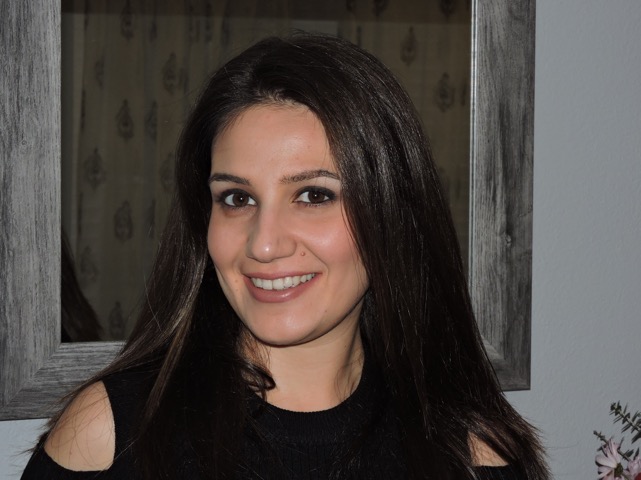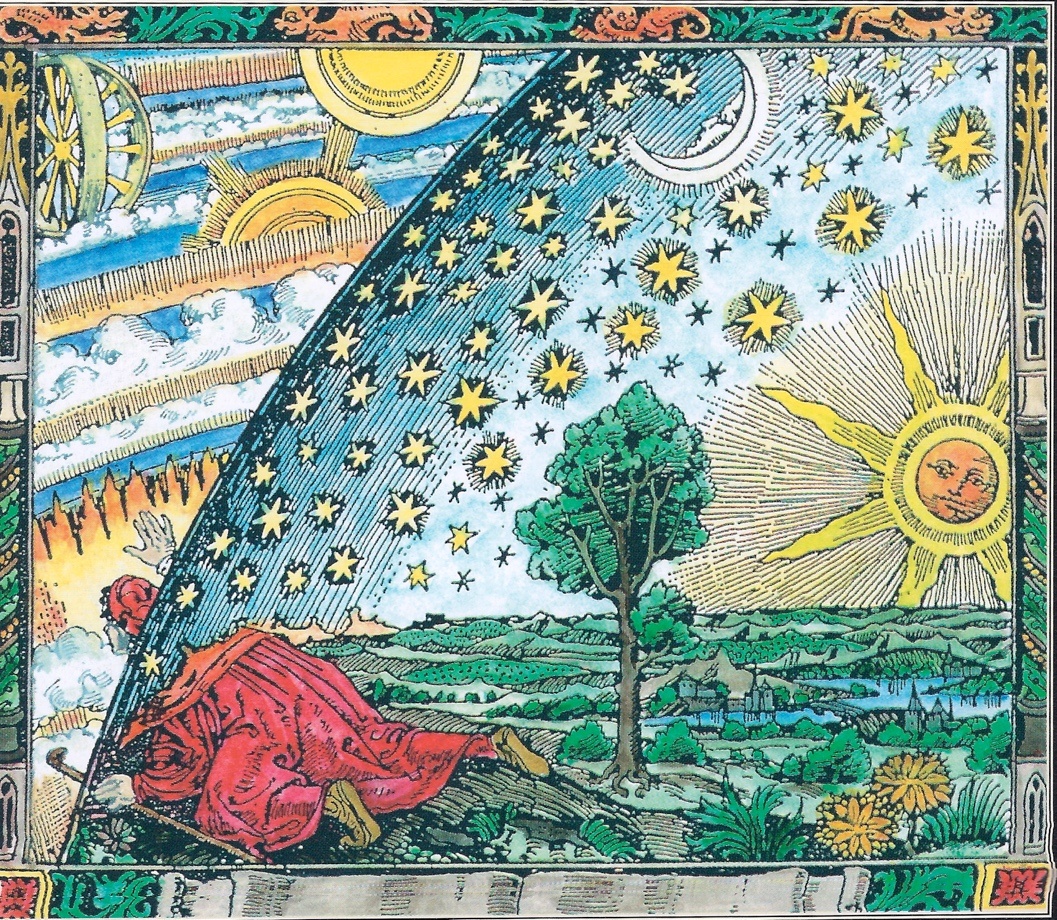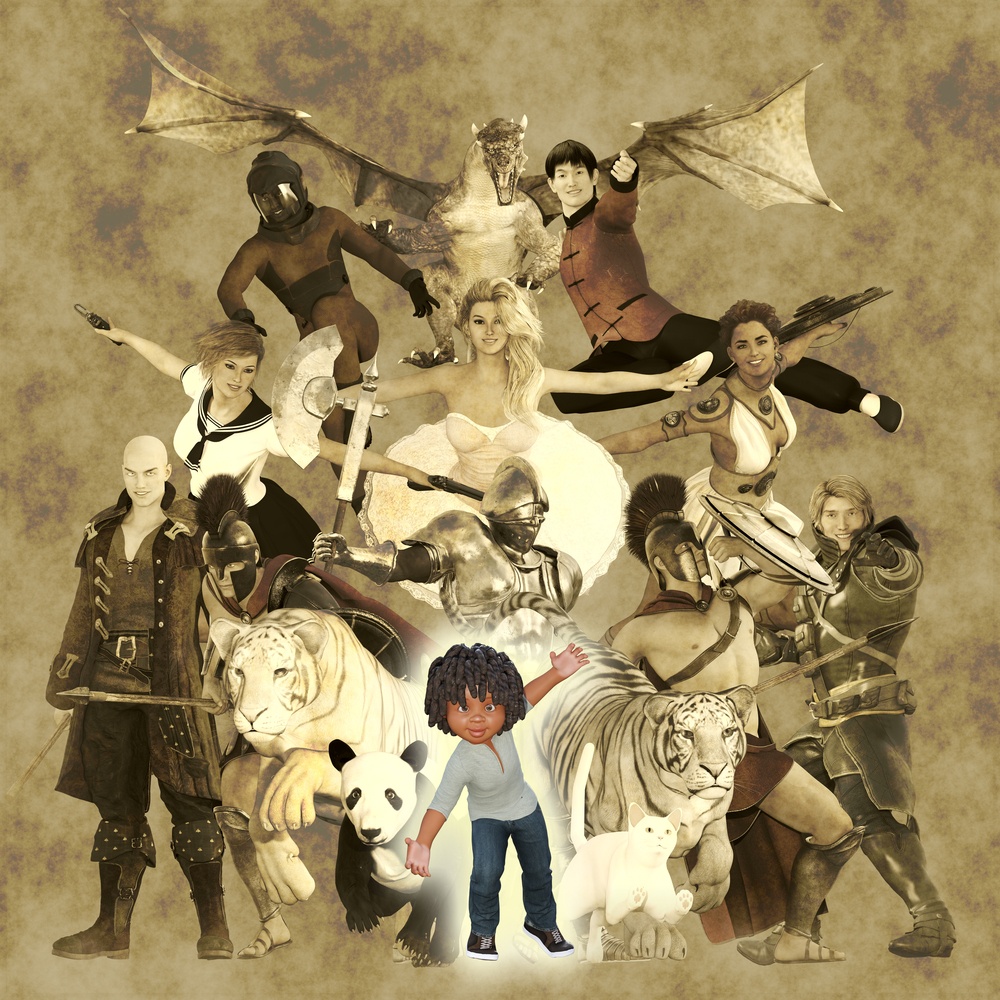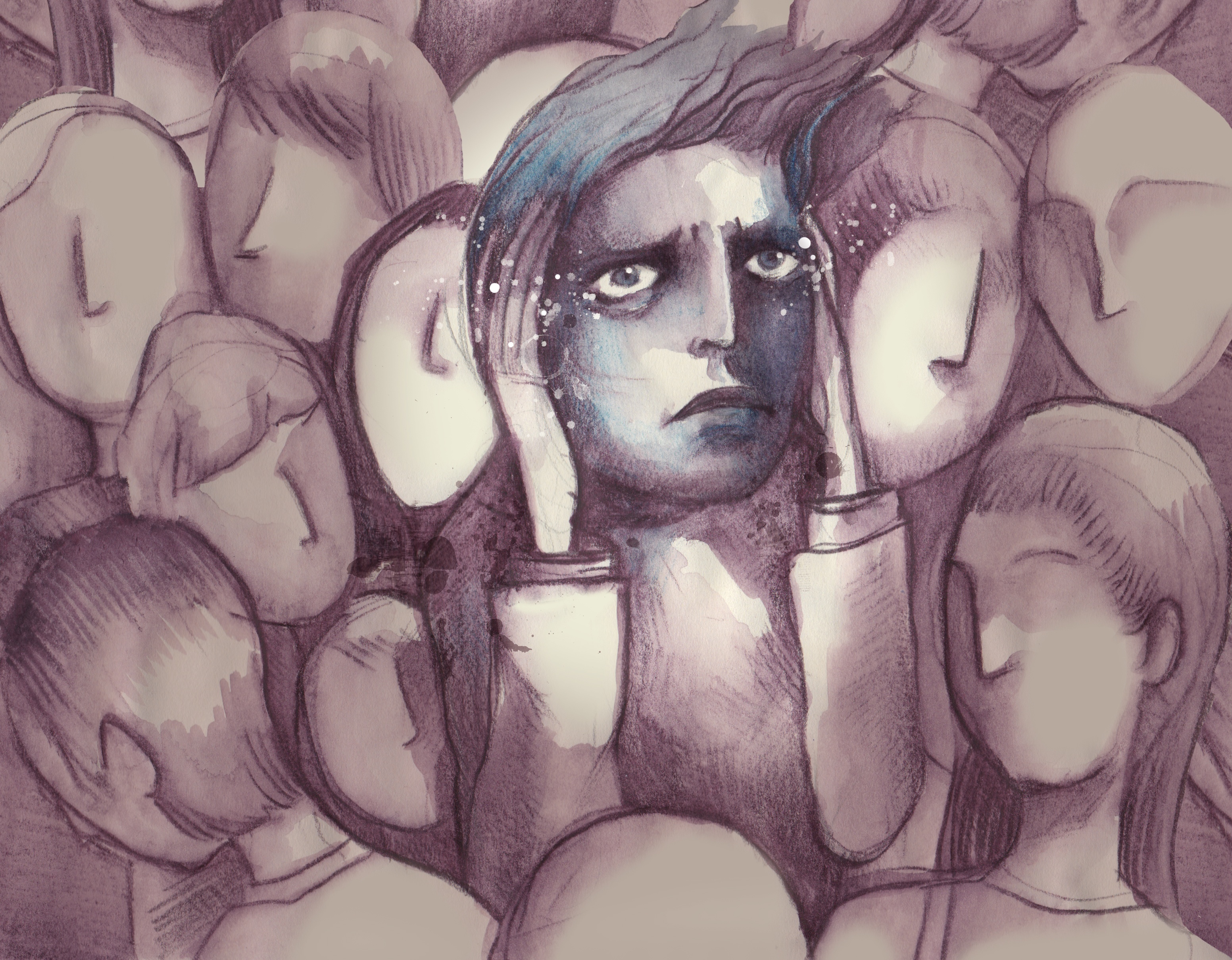Stories from recent graduates of Pacifica's M.A. Engaged Humanities and the Creative Life Program
"Pacifica's M.A. Engaged Humanities and Creative Life Program has transformed my life in the best way, giving me a language to speak my truth, and a frame through which life and everything I do seems more meaningful and connected to everything else. The program trained me to live creatively in every single area of my life. I'm less fearful since I studied at Pacifica. I am more free since I completed the program. I am a wife and a mother, and I make a living as a screenwriter for the Hispanic audiences in the US. And I am a performer. Life is still the same life, but I process it in a richer way. I like and honor being a lot of things at the same time. I don't constrain myself to be only one thing, one role any more. This is all thanks to the Engaged Humanities and Creative Life Master's Program I did at Pacifica Graduate Institute."
Mariangelica Duque Wife, Mother, friend, Screenwriter, Mentor, Performer and more
Read More













